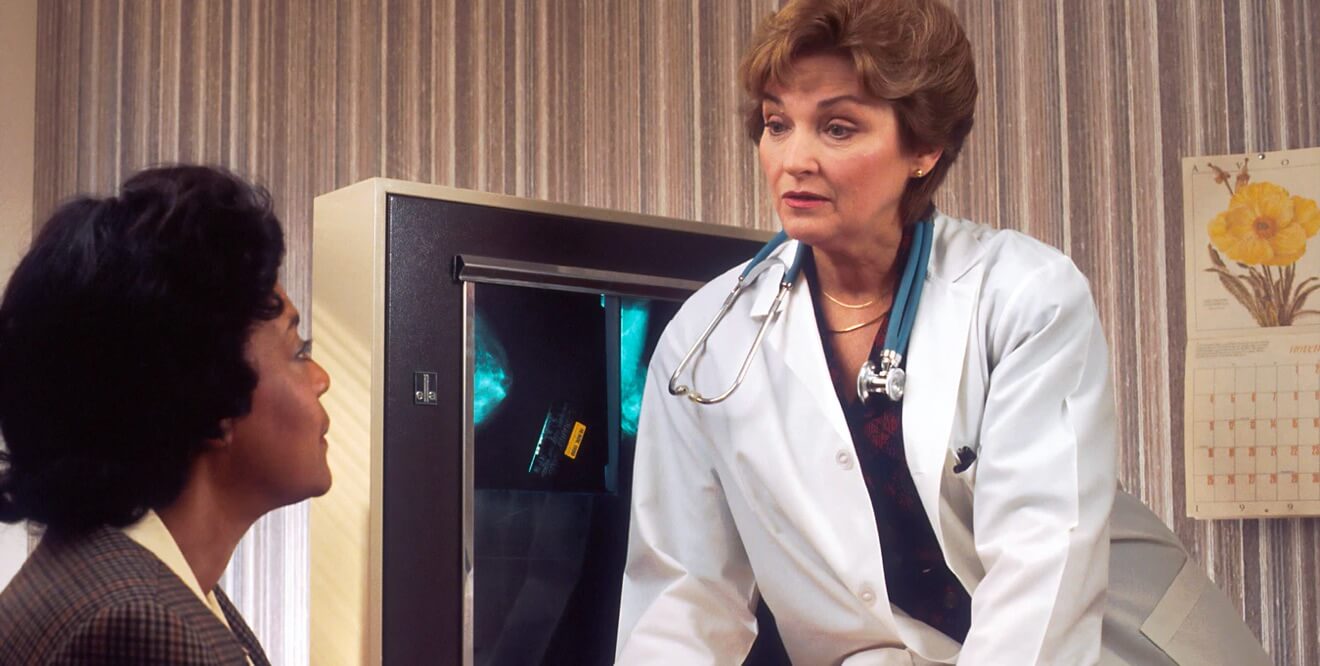If you’ve published on phage, or shared phage content on social media, you’ve probably gotten a request from a patient or family member asking for phage therapy. Maybe your inbox is full of these requests, and you don’t know what to tell people. Is phage therapy an option for them? How should they begin?
It doesn’t help that people are frequently in a desperate scenario by the time they start reaching out to phage researchers for help, making it feel even harder to say you don’t know or to ignore the request.
Well, you’re not alone—researchers commonly ask us what they should tell people who ask them for phage therapy, so we’ve written up a general version of this frequently-asked question, our answer (short version: feel free to send phage therapy-seekers to Phage Directory!), and a quick response template you can use/adapt the next time you get asked for phage therapy.
Note: We wrote this guide mainly for those who receive requests and are not the patient’s treating physician. That said, if you’re a physician looking at using phage for your patient(s), please read on for resources you can use too!
Question:
Hi Phage Directory,
I have seen an uptick recently of people writing to me about the possibility of phage therapeutics to help people that they know. Do you have a recommended response to people these days? Generally, in order to make positive progress they need to be connected to people who might have phages for their cases, but they also need a physician who is willing to consider treating. Any advice?
— A Researcher
Answer:
Dear Researcher,
We get a lot of requests like this — you’re not alone! The first thing we do is make it clear that having a physician on board who is willing to explore phage therapy is required, and should be step one. We then share this phage therapy information page, which explains when and how Phage Directory can get involved for step two, which is finding sources of phages. The above page also links to various options for traveling for phage therapy, which we also suggest people explore.
Many patients get stuck at this point as they can’t convince their doctor to consider phage therapy, but sometimes they do make it happen. If they do, we have them put their doctor in touch with us and we go from there. Depending on the situation, we may proceed to sending out a phage alert to identify sources of phages (our alerts go out to 300+ labs/researchers/companies willing to do phage hunts), and/or we connect their doctor with a phage-experienced clinician in our network to discuss the case.
To this end, we’re currently building up a network of doctors interested in receiving referrals, so we won’t have to turn as many people away. (Side note: if you’re a physician interested in phages or already using phages, please join the community here!)
To keep things simple, you can always direct patients, family members and physicians who ask you about phage therapy to Phage Directory ([email protected]) and we will do what we can to help those we can help, and provide further clarification to those we can’t.
— Phage Directory
Quick email template you can use/adapt
Dear [patient or family member seeking phages],
I’m so sorry to hear about your/your family member’s situation. To find out about options for phage therapy that may be available to you, I suggest you reach out to Phage Directory ([email protected]). They also have an information page here which may be helpful to read first: https://phage.directory/phagetherapy.
Helpful links
- If you’re a physician interested in phages or already using phages, please join the community here!
- If you’re a physician with a patient who needs (or might need) phages, email [email protected] to discuss sending out a Phage Alert to 300+ phage labs willing to do phage hunts for patients
- We’ve just launched a new virtual event series geared toward clinical use of phages; sign up for the first event here (April 14 at 3PM Pacific), which will be an interview with Dr. Randy Fish, a podiatrist who has successfully used phage therapy to treat a series of diabetic foot infections
- Feel free to pass this phage therapy information page on to anyone who asks for phage therapy and wants to know more about their options







